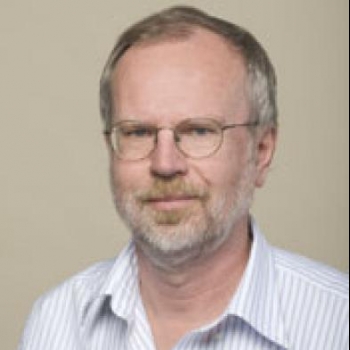Current Research and Scholarly Interests
Our laboratory is interested in the growth, development and integrity of animal tissues. We study multiple different organs, trying to identify common principles, and we extend these investigations to cancer and injury repair. In most organs, different cell types are generated by stem cells - cells that also make copies of themselves and thereby maintain the tissue. An optimal balance between the number of stem and differentiated cells is essential for the proper function of the organs. Locally-acting signals are important to maintain this balance in a spatially-organized manner and these signals are key to understanding the regulation of growth.
A common theme linking our work together are Wnt signals. Work from many laboratories, including our own, has shown that Wnt proteins are essential for the control over stem cells. How this is achieved is far from clear and is the subject of studies in the lab, both in vivo and in cell culture. In vivo, a particular question we address is how physiological changes, such as those occurring during hormonal stimuli, injury or programmed tissue degeneration have an impact on the self-renewal signals and on stem cell biology.
In our most recent work, we have designed cell fate tracking experiments to study stem cells in vivo. We identified Wnt-responsive stem cells by their expression of Axin2 (a common Wnt target gene) and generated a mouse strain with the CreERT2 recombination signal inserted into the Axin2 locus, Axin2-Cre. By clonal labeling, we showed that single stem cells differentiate into different cell types of the tissues of interest. Unexpectedly, in the liver, we found that hepatocytes that reside in the pericentral domain of the liver demonstrate stem cell behavior. Although these cells are functional hepatocytes, they are diploid and thus differ from the mostly polyploid mature hepatocyte population. They are active in homeostatic cell replacement. Adjacent central vein endothelial cells provide the essential source of Wnt signals for the hepatocyte stem cells and thereby constitute the liver stem cell niche.


